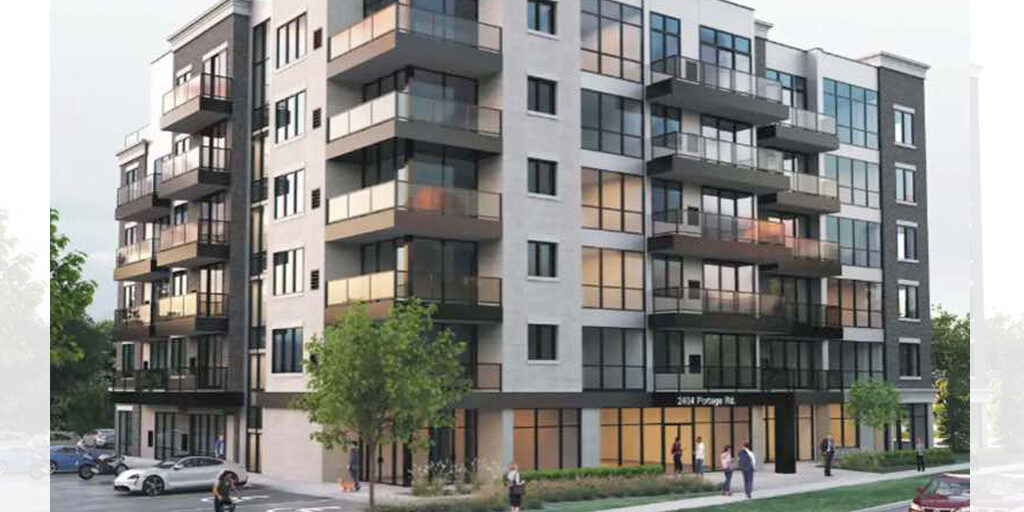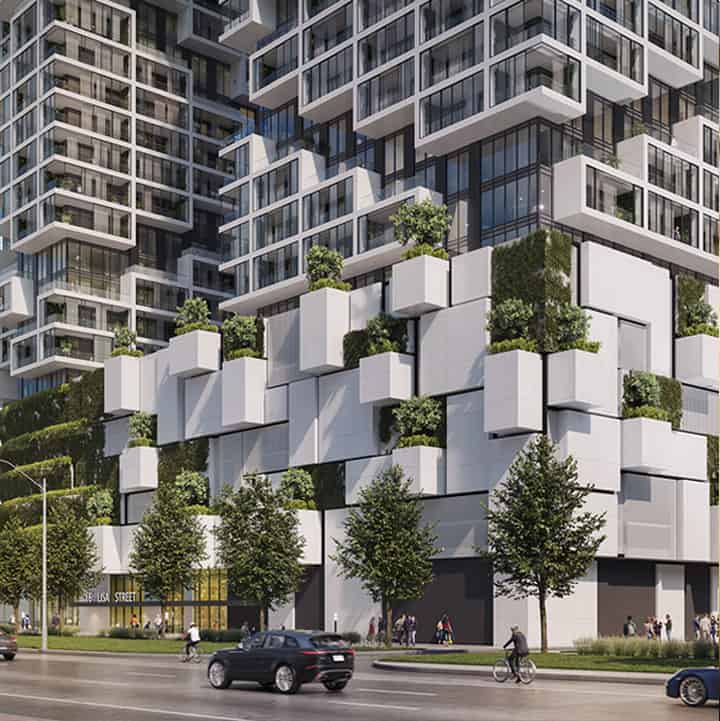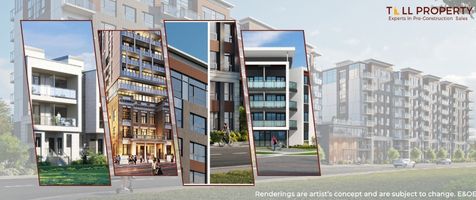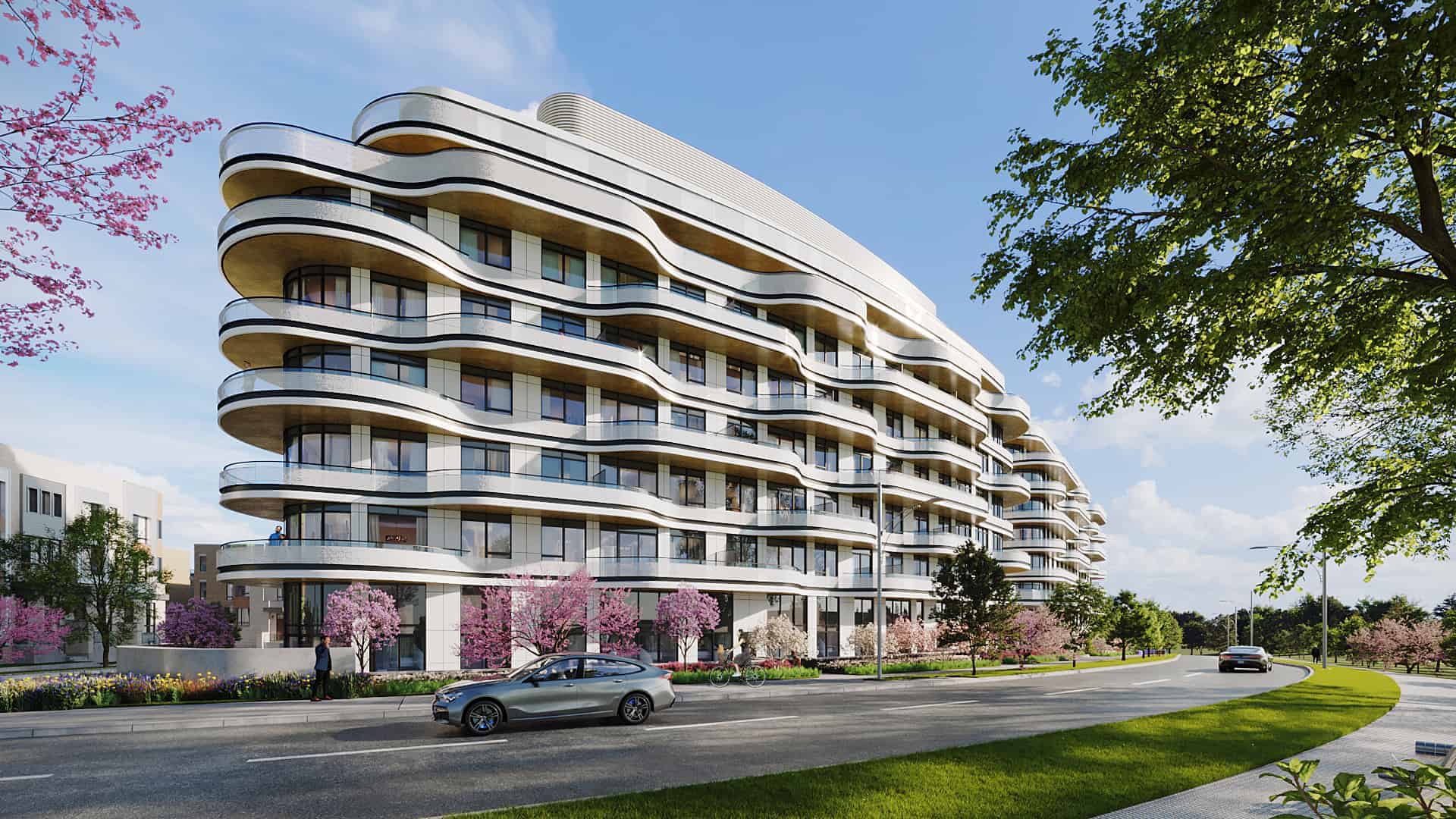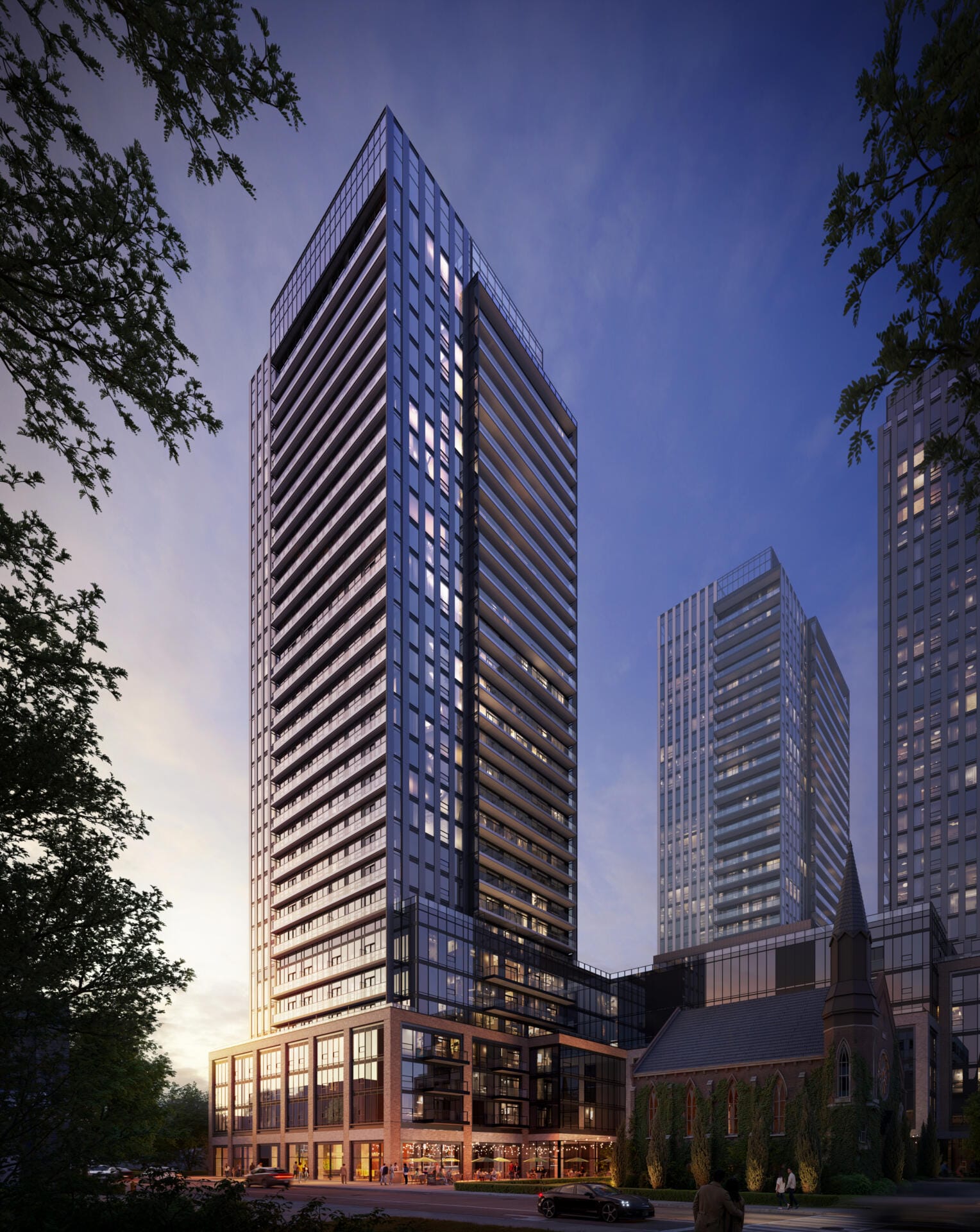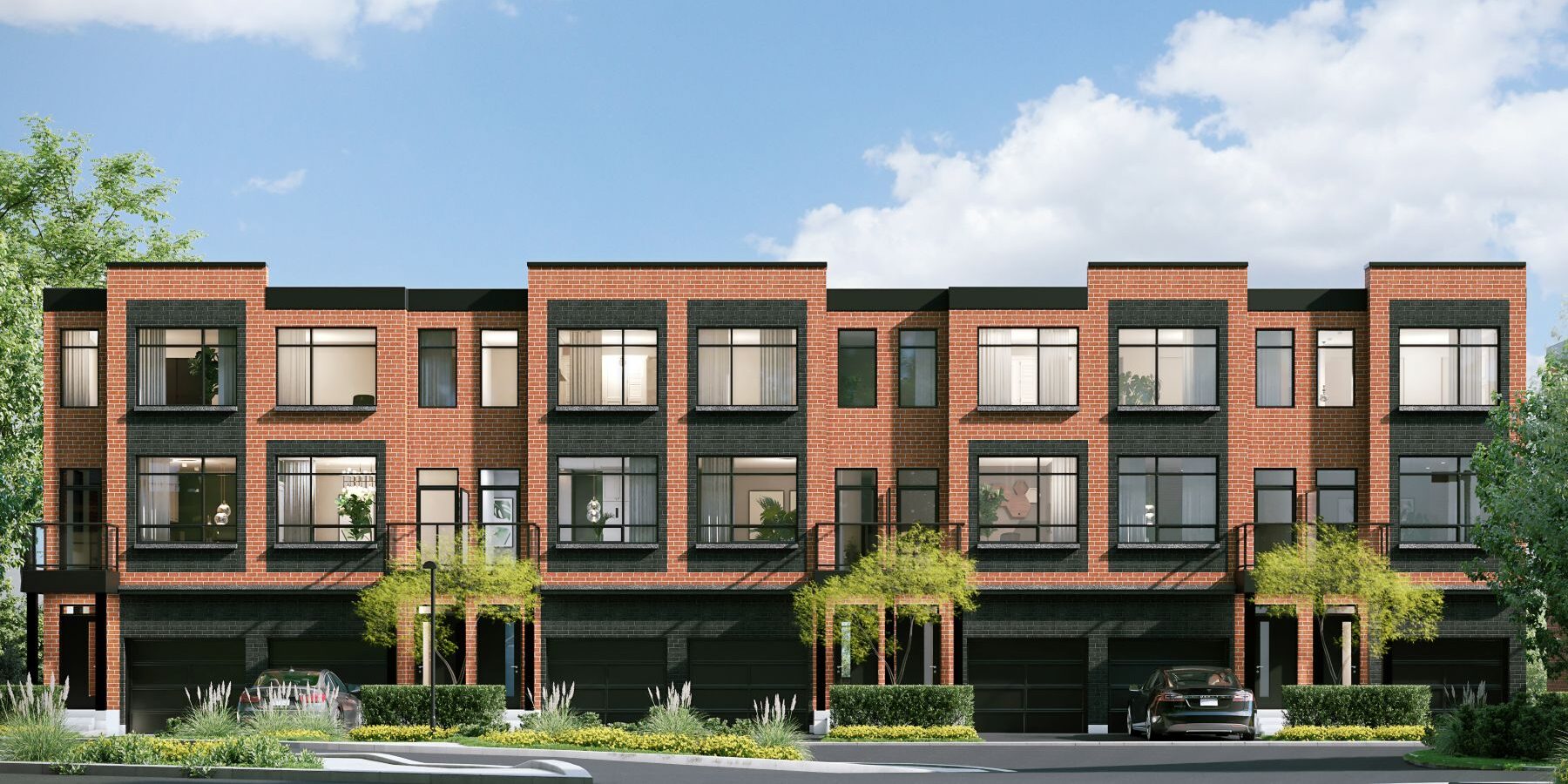The Condo vs House vs Townhouse – The Ultimate Comparison Guide for Homebuyers with Realistic Data
When it comes to buying a home, there are many options available, but the three most common types of properties are condos, houses, and townhouses. Each type of property has its own unique features, benefits, and drawbacks. This guide will compare condos, houses, and townhouses in detail to help homebuyers make an informed decision.
What is a Condo?
A condo, short for “condominium, is a type of housing where individuals own their units within a shared complex. Condos are a popular choice for homebuyers in Canada, particularly in urban areas where real estate prices can be high. According to the Canadian Real Estate Association, the national average price of a condo in Canada was $510,000 in January 2022, compared to the national average price of a single-detached home, which was $861,000.
In a condo, owners have title to their individual units and share ownership of common areas such as lobbies, hallways, and amenities like gyms, pools, and outdoor spaces. Condo owners are also typically responsible for paying monthly condo fees, which cover the cost of maintaining the shared spaces and amenities, as well as building insurance and reserves for major repairs and renovations.
Condos in Canada can come in a variety of styles and sizes, from high-rise towers in downtown areas to low-rise buildings in suburban areas. They can range from small studios to large multi-bedroom units, and may be priced at various points depending on the location, size, and level of luxury or amenities.
One of the benefits of owning a condo in Canada is that it can be a more affordable option for those who want to own property in urban areas. Condos may also offer amenities that are not available in single-detached homes, such as 24-hour security and on-site maintenance staff. However, condo fees can also be a significant monthly expense, and owners should be aware of any potential special assessments for unexpected repairs or upgrades.
Overall, condos can be a great choice for those who want to own property in Canada but prefer a more urban lifestyle and are willing to share common areas and expenses with other owners. It’s important for potential buyers to research the specific condo complex they are interested in and understand the rules and regulations of ownership before making a purchase.
What is a House?
A house is a standalone, single-family dwelling that is typically located on its own parcel of land. In Canada, houses come in various styles, including bungalows, split-levels, two-storeys, and more.
According to the Canadian Real Estate Association (CREA), the average price of a house in Canada was $678,091 in January 2022, representing a 24.5% increase from the previous year. The province with the highest average price for a house in Canada is currently British Columbia, where the average price was $1,157,506 in January 2022. Meanwhile, the province with the lowest average price for a house is currently New Brunswick, where the average price was $253,662 in January 2022.
Houses offer a number of benefits, including more privacy, outdoor space, and the potential for customization and personalization. However, they also require more maintenance and upkeep than condos or townhouses, as the homeowner is responsible for maintaining the entire property. Additionally, houses may be located in more remote or suburban areas, which can mean longer commute times for those who work in urban areas.
What is a Townhouse?
A townhouse is a type of residential property that is characterized by its unique architecture and shared walls with neighboring properties. Townhouses are similar to condos in that they are part of a larger complex, but they differ in that they are typically multi-story and have their own private entrance.
In Canada, townhouses have become a popular choice for many homebuyers. According to the Canadian Real Estate Association, the average price of a townhouse in Canada in 2021 was $671,705, an increase of 22.8% compared to the previous year.
One of the biggest benefits of townhouses is that they offer more space and privacy than condos, while still being more affordable than detached houses. They often come with shared amenities such as a swimming pool, gym, or playground, which can be a great added bonus for families.
In terms of maintenance, townhouses often have lower maintenance costs than detached homes, as the exterior and common areas are typically maintained by a homeowners association (HOA) or property management company.
Overall, townhouses can be a great option for homebuyers who want the convenience of a condo with the added space and privacy of a detached home. However, it’s important to consider the cost of HOA fees and any shared amenities when making a decision.
Now, let’s compare condos, houses, and townhouses based on various factors that are crucial for homebuyers to consider.
- Cost:
When it comes to affordability, condos are typically the most budget-friendly option. In Canada, the median price of a condo in 2021 was $605,000, compared to $850,000 for a single-family home and $719,000 for a townhouse.
- Maintenance and Upkeep:
One of the biggest advantages of condo living is that exterior maintenance, landscaping, and snow removal are typically taken care of by the condo corporation. This means less work and fewer expenses for homeowners. On the other hand, houses and townhouses require more upkeep and maintenance, including landscaping, roof repairs, and snow removal.
- Privacy:
If you value privacy, a house is likely the best option for you. With no shared walls or living spaces, you’ll have complete privacy and control over your property. Townhouses share one or two walls with neighboring units, which can mean more noise and less privacy. Condos typically share walls with several neighbors, which can result in more noise and less privacy than a standalone house.
- Amenities:
Condos are known for their luxurious amenities, which can include swimming pools, fitness centers, and concierge services. Houses and townhouses typically do not offer these types of amenities, although you’ll have more space to create your own personalized amenities.
- Location:
Condos are often found in urban areas, close to shopping, dining, and entertainment options. Houses and townhouses, on the other hand, are typically found in suburban or rural areas, which can mean more peace and quiet, but less access to amenities.
- Resale value:
According to the Canadian Real Estate Association, house prices have increased by an average of 11.2% annually over the past 10 years, compared to a 6.8% increase for condos. While individual properties will vary, houses generally hold their value better over time than condos.
- Space:
If you’re looking for plenty of space, a house is likely the best option for you. Condos typically have less square footage and limited outdoor space, while townhouses offer more space but still with shared walls. Houses offer the most living space, with more outdoor areas such as backyards and front lawns.
In summary, the best type of property for you will depend on your individual needs and preferences. If you’re looking for affordability and low maintenance, a condo may be the right choice. If you prioritize privacy and space, a house is likely the best option. Townhouses offer a balance between the two. Ultimately, it’s important to weigh the pros and cons of each option and consider your lifestyle and budget when making a decision.
Homeowner’s Associations (HOA)
Homeowner associations, commonly found in neighborhoods and suburbs, are typically associated with condo associations. In this article, we’ll explore what HOAs are, their purpose, and the differences between condos and townhouses in terms of HOA fees and maintenance.
HOAs oversee and maintain communally owned amenities in a condo complex. They are corporate bodies managed by an elected board of residents who make managerial and executive decisions to keep the communally owned property in excellent condition. HOAs are funded by fees collected from condo owners, which can be paid monthly or annually.
Community Meetings: Community meetings are held, and condo owners attend these meetings to help make decisions about the complex. The size and power of an HOA vary by the complex, with some having little authority and others exercising large amounts of authority through many rules and regulations.
Membership and Dues: If you purchase a property governed by an HOA, you are required to maintain membership with the HOA and pay dues. The size and frequency of these dues vary depending on the complex. Condos usually have higher HOA fees than townhouses because condos have shared exterior and communal maintenance that has to be funded.
Maintenance: One of the biggest benefits of owning a condo over a townhouse or detached house is the ease of maintenance. Condo associations assist with maintenance in the same way as an apartment complex, and the HOA handles the maintenance of the exterior. HOAs hire contractors like gardeners and roofers to maintain the common areas, all of which are paid by regular HOA dues. Townhouses require homeowners to do most of the maintenance themselves, and the HOA dues do not cover grounds upkeep or major maintenance like roof replacements.
Which is Right for You?
Deciding which type of home is best for you is a personal decision. Both condos and townhouses have pros and cons. Condos might come with more advanced security features but place you in closer proximity to your neighbors. Townhouses might have more standard home security measures but offer a bit more space. Ultimately, the decision comes down to your personal preferences and needs.
Conclusion
Choosing the right type of property is a major decision for any homebuyer. Condos, houses, and townhouses all have their own unique features, benefits, and drawbacks. Consider your budget, lifestyle, and personal preferences when making a decision. With the information provided in this guide, you can make an informed choice that will lead to a happy and fulfilling homeownership experience.

